lymphoma in cats symptoms uk
Symptoms of Intestinal Lymphoma in Cats. In the case of lymphoma this is caused by an abnormal proliferation of lymphocytes a type of white blood cell.

Kidney Stones In Cats How To Treat Feline Kidney Bladder Stones Litter Robot Cats Litter Robot Cat Facts
The signs of there being a problem varies as it depends on the type and size as well as the number of tumours involved but with the mediastinal lymphoma cats generally show the following symptoms.

. Some or all of your dogs symptoms may disappear but the cancer might still be present in the body. The type of chemotherapy used and the. The most common symptoms are similar to those caused by gastrointestinal issues.
Symptoms include vomiting diarrhea weakness and lack of appetite or refusal to eat. As lymphoma progresses the disease can affect other organs within the body. Although this may seem obvious there is surprising variability to the type and severity of signs shown by cats with this condition.
Respiratory issues including a persistent cough and difficulty breathing. It is sometimes called lymphosarcoma. Sneezing or nasal discharge nasal lymphoma.
Discoloration or yellowing of the skin and eyes. Appetite loss or sudden weight loss Irritability Vomiting Diarrhea Lethargy Refusing to be touched Appearance of swollen or hard lumps in the abdomen. Mediastinal lymphoma occurs within the chest and therefore is.
There may be subtle or even no signs at all. Renal lymphoma symptoms include signs of kidney. Feline lymphoma is not specific to any breed or sex.
Sneezing or nasal discharge nasal lymphoma vomiting gi lymphoma Symptoms of lymphoma in cats since lymphoma can occur in various parts of the body including the liver spleen and lymph nodes symptoms may vary depending on the location of the cancer. Lymphoma is a solid tumour of a type of white blood cell lymphocyte that is involved in immune responses. Symptoms of Chest Cavity Lymphoma Mediastinal Associated with cats diagnosed with feline leukemia the mediastinal form of lymphoma generally causes growths within the.
Cancer is caused by a mutation in the DNA of a cell causing abnormal cell function or growth. Symptoms of intestinal lymphoma in cats vary a great deal depending upon the situation. Lymphoma may cause a mass which can potentially block the intestinal flow.
The common symptoms that indicate this distressing problem include. Lymphoma is the most common cancer in the cat causing 33 of cat tumours 1. In other cats the only signs might be a lack of grooming or interaction or even general lethargy which as all cat guardians will know can be hard to distinguish from a healthy cat.
Luckily the side effects are not always as worrying as they are in humans with most dogs experiencing neither hair loss nor feeling ill. The following signs and symptoms may indicate that a cat has developed this kind of cancer. It is imperative that you take your cat to the vet immediately if you notice any of the following symptoms.
In general the symptoms may reflect other diseases and specialized tests are typically required to obtain a cancer diagnosis. The intestinal form of this cancer generally affects cats ten and older. These cancers can also affect the neurological system as they spread leading to issues with mental state and behavior.
Other signs of tumours benign or cancerous affecting internal organs can include loss of appetite weight loss lethargy and weakness difficulty in breathing limping and recurrent digestive problems. Weight loss associated with loss of appetite. Loss of appetite with weight loss.
The symptoms of lymphoma generally relate to the location of the disease. However these can be signs of many other illnesses as well. If its present in your cats digestive system the first signs are usually poor appetite and weight loss followed by vomiting or diarrhoea.
Other symptoms are common depending on where the cancer invades. However the most common symptoms include chronic diarrhoea vomiting weight loss and constipation. In addition to being present in the blood there are accumulations of lymphocytes.
Non-healing sores should also be investigated. The most common treatment for dogs with lymphoma is chemotherapy. For example if lymphoma occurs in the kidneys it will cause increased thirst.
These symptoms often include weight loss diarrhea vomiting and changes in appetite. Increased drinking and urination. Most noticeably the cat will likely experience a gradual overall decline including.
Some symptoms of lymphoma in cats include. Vomiting diarrhoea andor weight loss are common however constipation is also seen reported. At the end stage of lymphoma the cancer invades organs and bones -- any place where the lymphatic system connects.
Much like lymphoma in dogs symptoms and severity can vary between cats. Breathing with an open mouth. Sadly the vagueness of all these signs means sometimes that.
Moreover it is the most common cause of hypercalcemia in cats. Symptoms of the Condition. Up to 10 cash back Symptoms of Lymphoma in Cats.
Its therefore important to have gastrointestinal lymphoma on your radar and if your cat exhibits any of these symptoms especially unexplained weight loss then take them to. Since lymphoma can occur in various parts of the body including the liver spleen and lymph nodes symptoms may vary depending on the location of the cancer. These symptoms often include respiratory difficulties such as labored breathing coughing panting increased respirations open mouth breathing and other signs of respiratory distress.
Affected cats often develop weight loss vomiting and diarrhea. Enlarged or swollen lymph nodes. Feline lymphoma can affect a number of different organs and there are a number of different types.
As is one who lives with smokers. Responsible for nearly 90 of blood cancers in cats lymphoma is also accountable for roughly 33 of feline tumors as well as the most frequent cause for hypercalcemia. Following are some forms of lymphoma along with the related symptoms in cats.
Symptoms of feline lymphoma. Diagnosing Lymphoma In Cats. It is slightly more common in males than in females.
Lymphoma which is also known as malignant lymphoma and lymphosarcoma is the single most common cancer that affects cats. But a cat who has feline leukaemia is much more likely to get it. Signs may include chronic fatiguelethargy vomiting and diarrhea and a decrease in appetite.
Symptoms and Types Symptoms are highly variable and depend upon the anatomical form of this tumor. Some cats have a decrease in appetite some have an increased appetite while others have no change in appetite. Mediastinal form occurs in the space between the pleural sacslungs Open mouth breathing.

Selective Focus Photo Of Gray Tabby Cat Grey Tabby Cats Tabby Cat Cat Pics
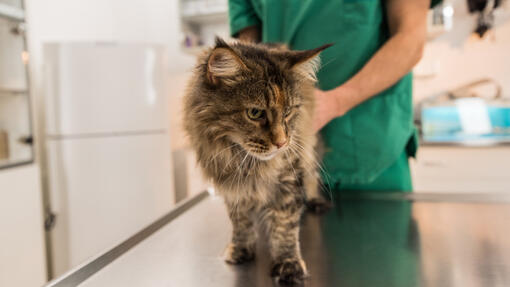
Lymphoma In Cats Causes Symptoms Treatment Purina
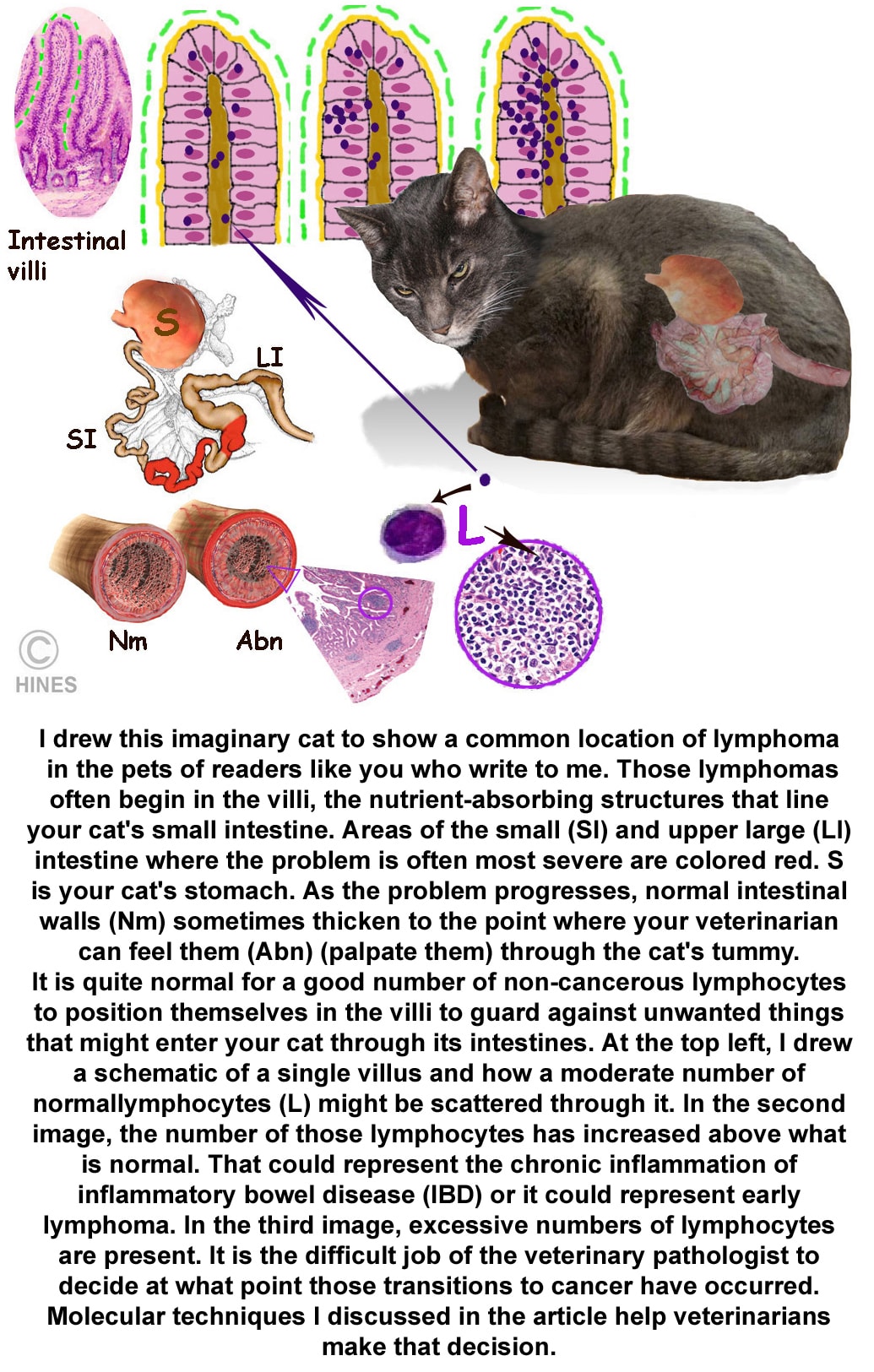
Lymphoma In Your Cat Ron Hines Vetspace 2nd Chance The Animal Health Website

Lymphoma In The Cat Fact Sheet Davies Veterinary Specialists
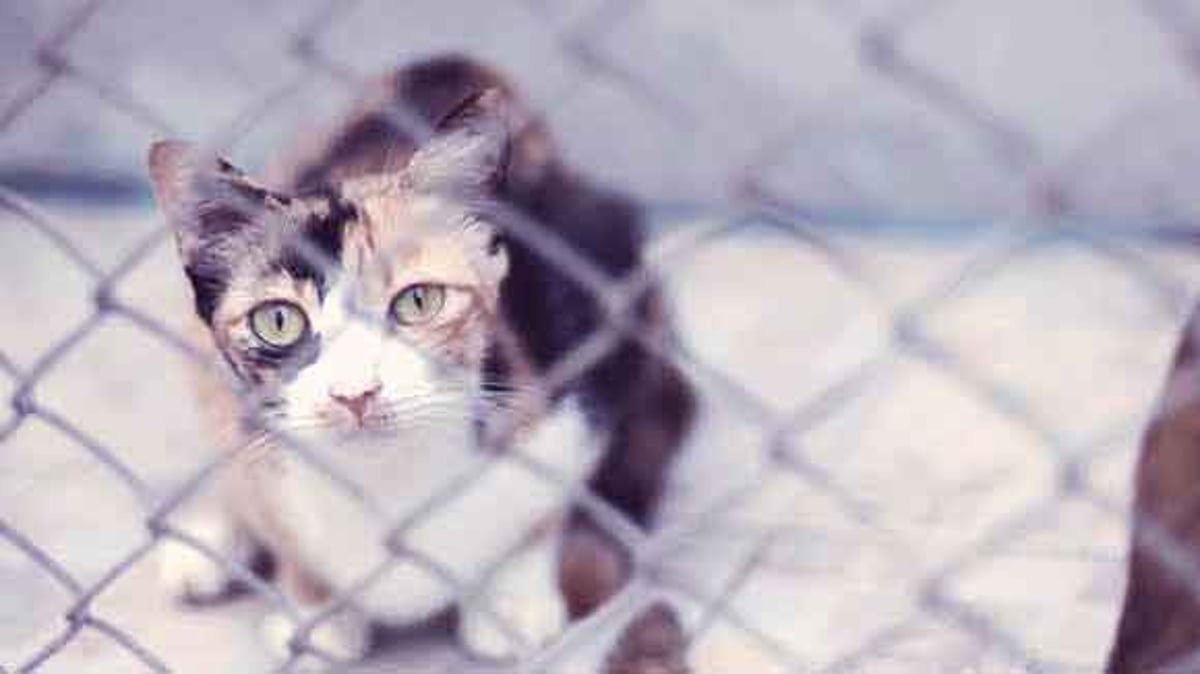
Cancer Lymphoma In Dogs And Cats
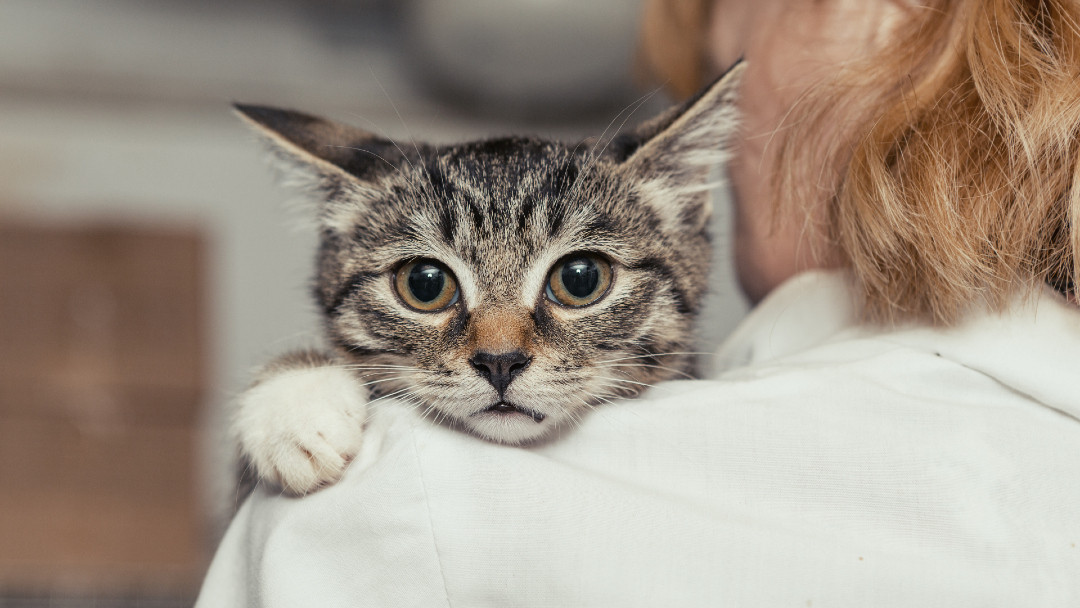
Lymphoma In Cats Causes Symptoms Treatment Purina
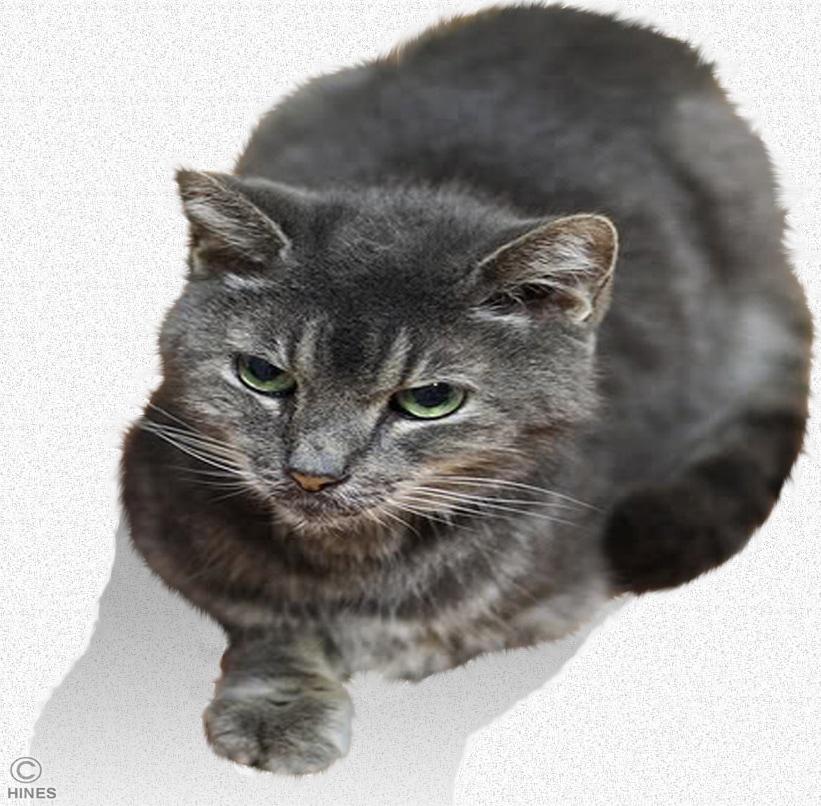
Lymphoma In Your Cat Ron Hines Vetspace 2nd Chance The Animal Health Website

Feline Lymphoma Meadow Lane Vets
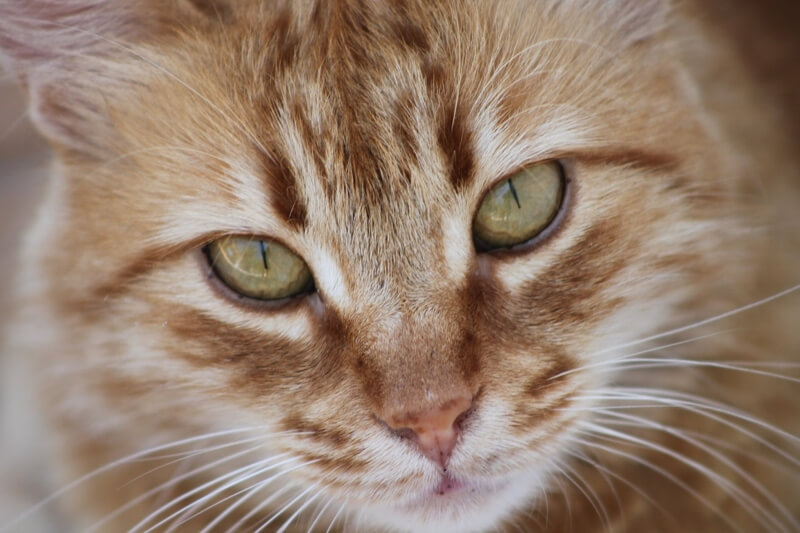
Understanding Lymphoma In Cats
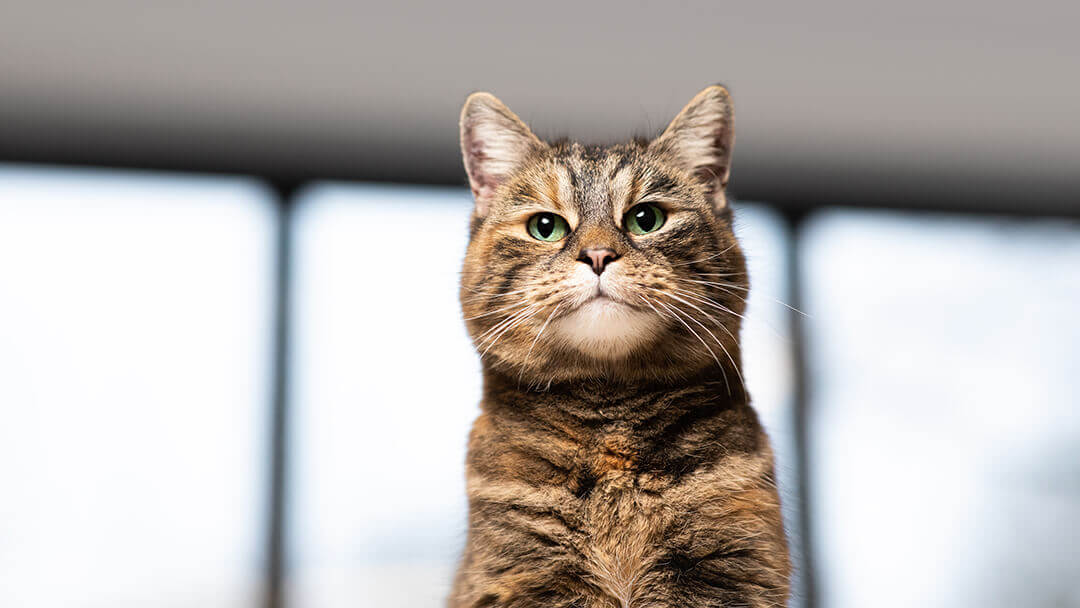
Lymphoma In Cats Causes Symptoms Treatment Purina

First Humans Now Pets Cats In Infected Or Self Isolating Homes Told To Stay Indoors
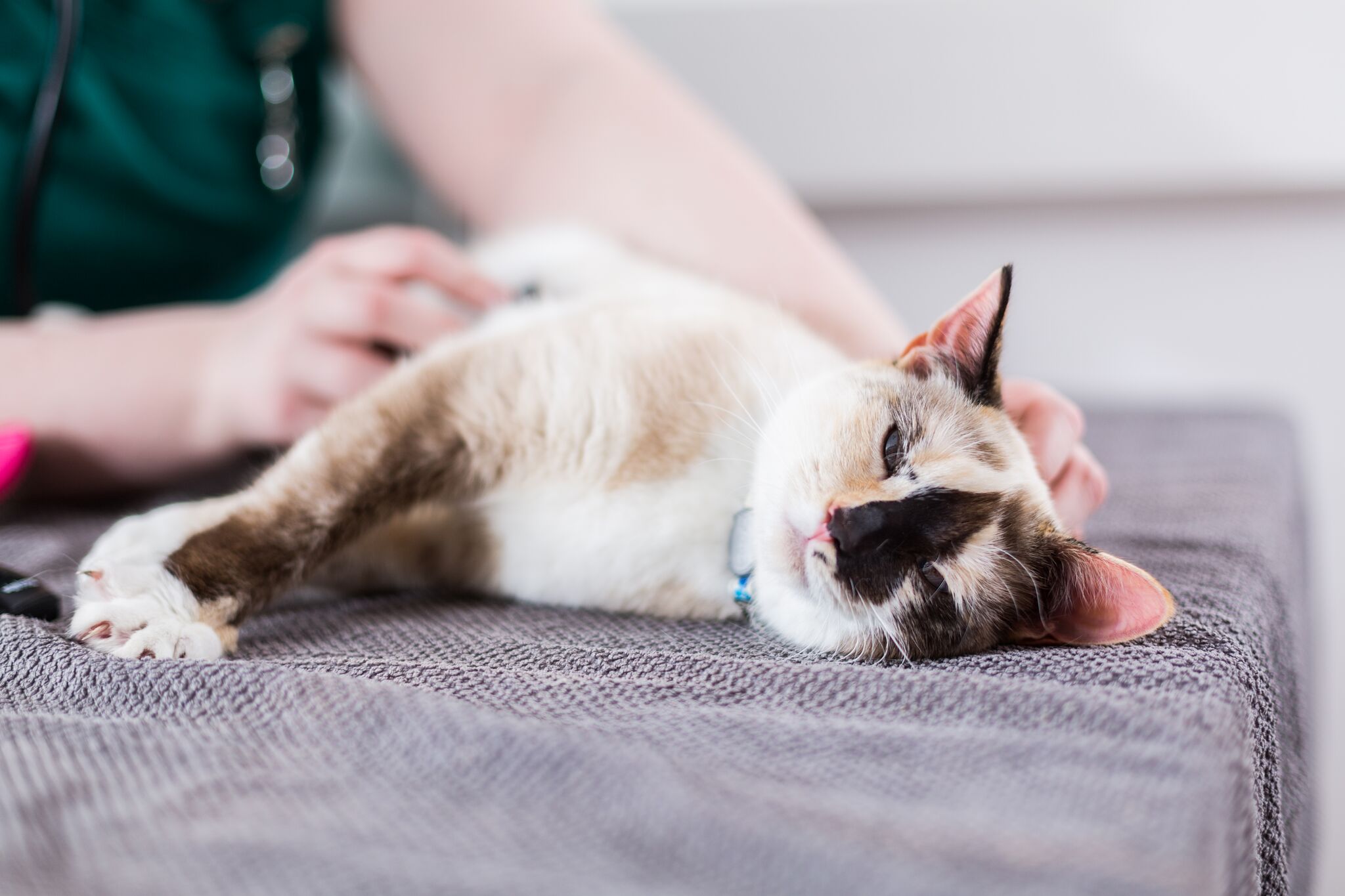
Blog Referral Vets In Leeds Swift Referrals
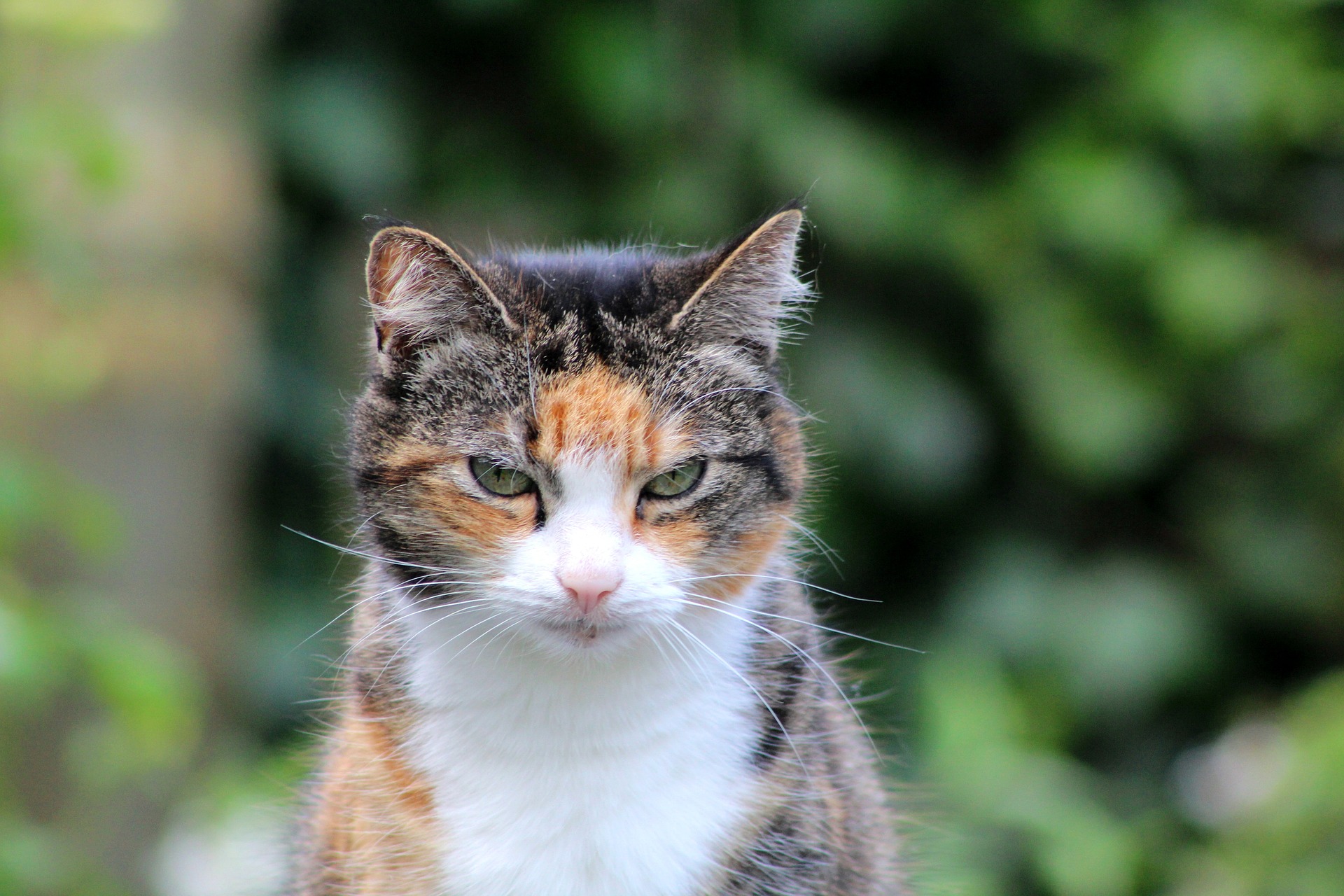
My Cat Has Lymphoma What Does That Mean Vet Help Direct
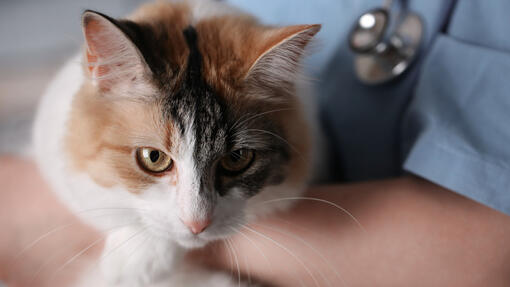
Lymphoma In Cats Causes Symptoms Treatment Purina

Lymphoma International Cat Care

Understanding Lymphoma In Cats

Cat Dandruff Your Guide To Symptoms And Treatments Cat Dandruff Cat Dandruff Remedy Dandruff

